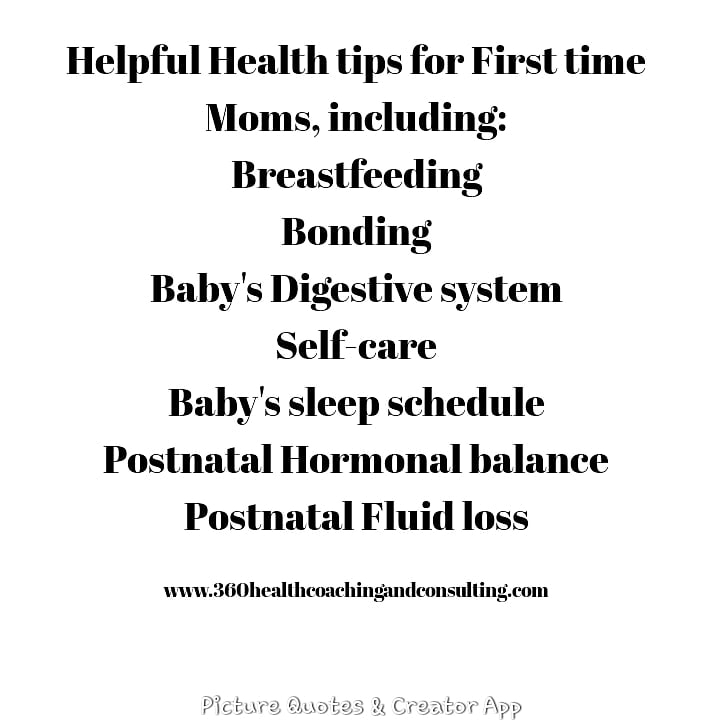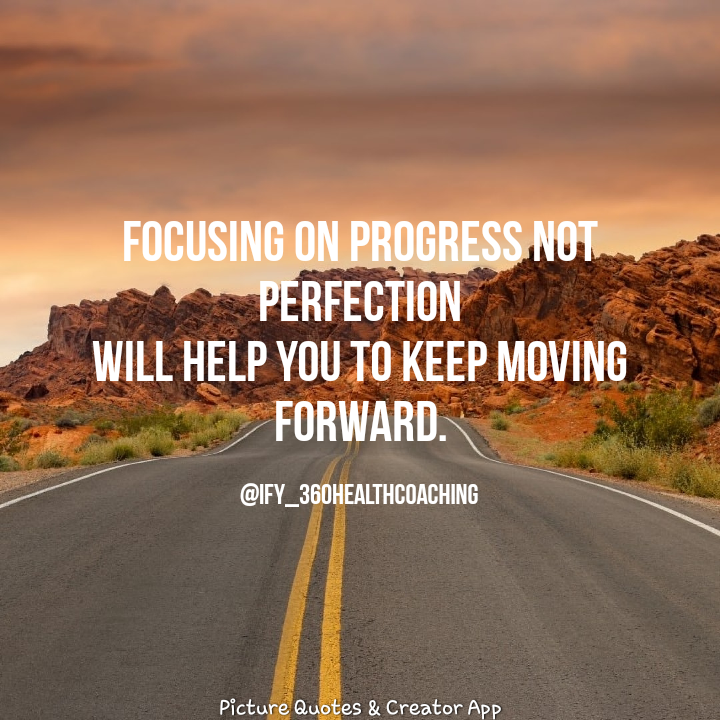Health tips For First time Moms
Pregnancy is one of those experiences that vary widely for people. Some women have easy pregnancies, and others have difficult or high-risk pregnancies. Mine was a difficult season in my life. Before pregnancy, I had a desire to help new moms. This only intensified when I went through my own pregnancy journey. Prior to pregnancy, I was motivated to help new moms when I encountered the research associated with postpartum depression. I thought it was possibly situational and related to the pressure of being a new mom. I have learned (learnt) that it is a combination of situational and physiological issues. I will discuss that in more detail in this post.
I have written this article to help new moms. It can be overwhelming to transition from having no baby, being pregnant, and then becoming a new mom. Emotional overwhelm can make it hard to absorb facts and remember them. Having a baby in the current social and health climate would leave most moms feeling overwhelmed. It is easy to miss information that might be given to you at your doctor's appointments. When you're discharged post-delivery, the nurse will provide pertinent discharge information. I will not replace that information in this post, I am merely complementing or reiterating it. I will also provide useful facts that I have gathered from personal experience and my nursing training.
With that being said, here are some health tips for new moms and their babies. In the video below I talk with my friend, a first-time mom, about some of the challenges of motherhood. Some of the topics discussed in this article are not discussed in the video. The video is an informal discussion about a new mother's experience.
Health concerns after Childbirth
Bonding:
Skin to skin bonding is encouraged as soon as you give birth. It helps both Mom and Dad bond with the baby. In a mother, it promotes the release of oxytocin and prolactin hormones which regulate breastfeeding. Skin to skin contact calms your baby and promotes a general feeling of well -being for him or her. Remember your baby has lived in the womb for about 9 months of his or her life. The outside world is new and unfamiliar but Mom is one person that is familiar. Your baby heard your voice while in your womb and certain other things about you like your scent may also be recognizable. If the father was around during pregnancy, his voice will also resonate with your little one. Skin to skin contact is also helpful to increase bonding between babies and their fathers. For more information about skin to skin contact, you can read the article Unicef linked here. It helps your little one with temperature regulation, and in neonates (babies born early) it's physiological benefits are useful in improving their health. Oxygen saturation improves and stress hormone levels reduce with an increase in skin to skin contact, also known as kangaroo care.
Breastfeeding:
Breastfeeding is a natural way to build your child's immunity. It provides nourishment for your baby that he or she cannot get anywhere else. Breastfeeding has been shown to prevent several illnesses in your child's life, including certain cancers. A lactation consultant works with you after you give birth to ensure your baby's latch is good. One important thing that your consultant will usually tell you is to pump breast milk on a schedule. Pumping milk will increase your supply over time. It is associated with prolactin, the hormones required for milk release. Breastfeeding can be tough, so if it is something you really want to do, get as much information and support as possible. It is important to stay hydrated and nourished yourself because you are the baby's food supply. I found out fast that I needed to ensure that I ate well when breastfeeding. It may seem hard to coordinate with taking care of a baby but it is doable.
Baby's digestive system:
Baby's digestive system:
A baby's digestive system is very different from an adult's. It is a new system with a much smaller stomach so babies eat frequently and they indicate when they are full. They usually indicate fullness by turning their heads away from the mother's breast nipple or the bottle nipple if you are bottle-feeding your baby. They also indicate when they are hungry by crying. In my experience, the " I am hungry "cry is usually different from when he or she is tired, irritated, gassy, or just wants some attention. This is part of the learning curve involved in getting to know your baby. Gas makes your baby uncomfortable and can cause him or her to cry. There is also colic, a name given to signify when your baby is fussy, irritated for no particular reason. Sometimes it can be hard to distinguish between the two. You figure out it is colic when you try doing everything you can to calm your baby and nothing works. The good thing is that colic doesn't usually last for more than 3 months. In my experience, I think my baby had colic symptoms just once. I used gripe water occasionally but sparingly and infant gas medicine as well. I probably used them twice. Mechanical remedies like the knee to chest method were my favorite go-to for gas relief in my infant.
Baby's sleep schedule:
The baby's sleep schedule can be a major source of stress for new parents, especially if you are unprepared. Babies tend to take naps as newborns. As they grow older they start to sleep more. Most babies sleep after they are fed so a baby's feeding schedule could be a good predictor of his sleep schedule. Besides feeding, other activities that induce sleep in your baby are swaddling, rocking, white noise, and soft music. Sleep training is basically using different methods to help your baby self soothe and fall asleep on his or her own. There are several methods of sleep training. For a new mom, it can be hard to hear your baby cry itself to sleep and this can be an impediment to sleep training. You could use a method that allows you to reassure your baby while sleep training. One thing that worked for me was to use one nap time for doing chores I really wanted to get to around the house and then nap with my little one on his next nap cycle. Self-care is hard for most new moms. In the early days, a new Mom has to learn to prioritize eating and rest, especially when the baby is asleep. A practical idea would be having your baby in a bassinet or car seat in which you can watch him or her while attending to your to-do list. This will decrease the need to walk back and forth for if your baby makes a slight noise that you are unsure of what it means.
Postnatal Hormonal Balance:
After childbirth, the pregnancy hormones estrogen and progesterone fluctuate and this change can make a new mom have a wide range of emotions. Emotions can range from sadness to anger, mood swings, and irritability. Baby blues may occur after childbirth and last for a few weeks. Postpartum depression is more serious than baby blues and it lasts longer than a few weeks after birth. It has more of the symptoms associated with depression. Symptoms such as loss of appetite, insomnia, lack of interest in activities, and decreased energy occur. One major symptom of mothers who suffer from postpartum depression that they are unable to properly bond with their babies. It is necessary to seek medical help if postpartum depression occurs. Severe cases of Postpartum depression could become postpartum psychosis. Medication can be used to regulate hormone levels. For specific details about baby blues and postpartum depression, you can refer to this resource by Mayo clinic.
Postnatal fluid loss
During pregnancy, a mother gains a lot of fluid. Just think about the amount of amniotic fluid needed for the baby to be suspended for nine months. The extra fluid gained during pregnancy means more workload for the mother's heart. This is one reason why expectant mothers with cardiac conditions have to monitored closely during pregnancy. Fluid can show up in an expectant mother by swelling of facial features, hands, and feet during pregnancy. After pregnancy, there is a lot of fluid loss. One of the ways the fluid leaves as an extended menstrual cycle. Before a new mother leaves the hospital, her blood loss is monitored by nurses to ensure that it is not excessive. It is also important to note the color of the blood and the amount of blood loss because this can indicate if there is a need for medical intervention.
Hope this helps new mothers and expectant mothers prepare for birth, and adjust to life after a baby. Sharing is caring, so please share this with any moms that would benefit from this information.
References:
Mayo Clinic Staff. September 2019. https://www.mayoclinic.org/diseases-conditions/postpartum-depression/symptoms-causes/syc-20376617
Unicef U.K: The Baby-friendly initiative.2019. https://www.unicef.org.uk/babyfriendly/baby-friendly-resources/implementing-standards-resources/skin-to-skin-contact/


